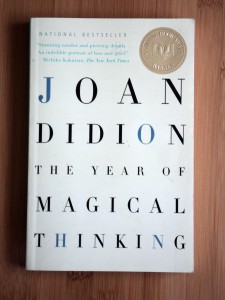Last April Elif Batuman wrote a great piece in The Guardian about life after her book The Possessed: Adventures with Russian Books and the People Who Read Them became a best seller. The book is a memoir-like collection of essays chronicling her experiences studying the Russian masters.
In the essay Batuman writes about a funny exchange between her and Jonathan Franzen at a NYC restaurant:
At that point, Franzen turned to me. “Are you really 6ft tall?” he demanded. This was a rather thoughtful allusion to my first published work, “Babel in California“: an essay that includes my exchange with an academic who suggests that Isaac Babel’s Red Cavalry story cycle will never be fully accessible to me because of the narrator’s “specifically Jewish alienation”. To which I reply: “As a 6ft-tall first-generation Turkish woman growing up in New Jersey, I cannot possibly know as much about alienation as you, a short American Jew.”
“I’m 5 11,” I told Franzen.
“Are you sure?” he asked.
Well, I wasn’t sure. I had been measured at 5′ 11½” in college, and then 5′ 11″ in graduate school. There was every likelihood that I was shrinking. “I have scoliosis,” I conceded. “And I do spend all day sitting at a computer.”
“Go get yourself measured again,” Franzen advised. “To me you look like a classic 5 10.”
There is also an interesting note about how her writing career began with an essay in n+1 magazine in 2005:
“Babel in California” appeared in the small – at the time, tiny – magazine, n+1 in 2005. It caught the attention of the editor of the New Yorker. In 2006, I published my first New Yorker article: a profile of a Thai champion kick-boxer who had opened a school in San Francisco. I started getting emails from literary agencies. I settled on my current agent, whom I like very much.


